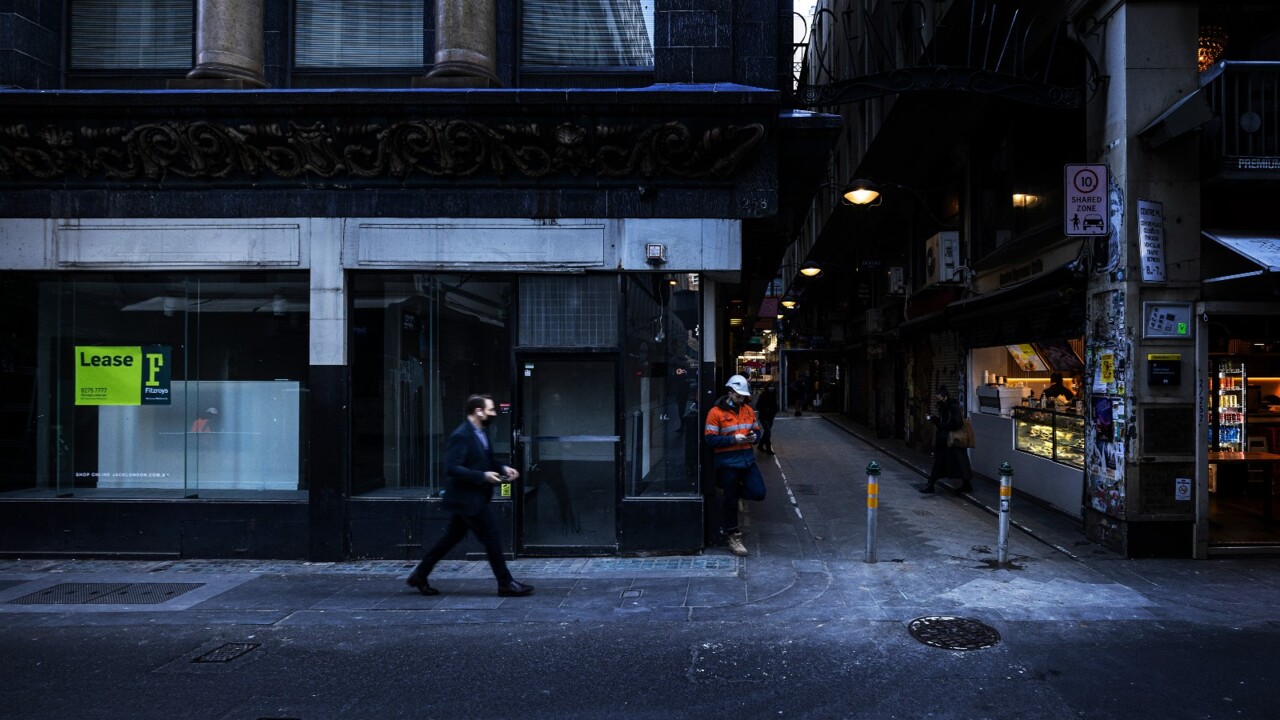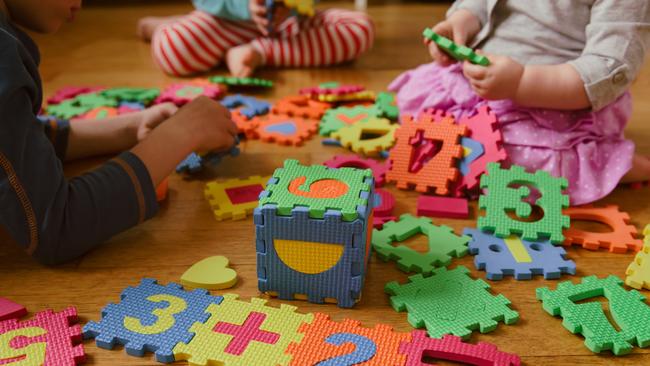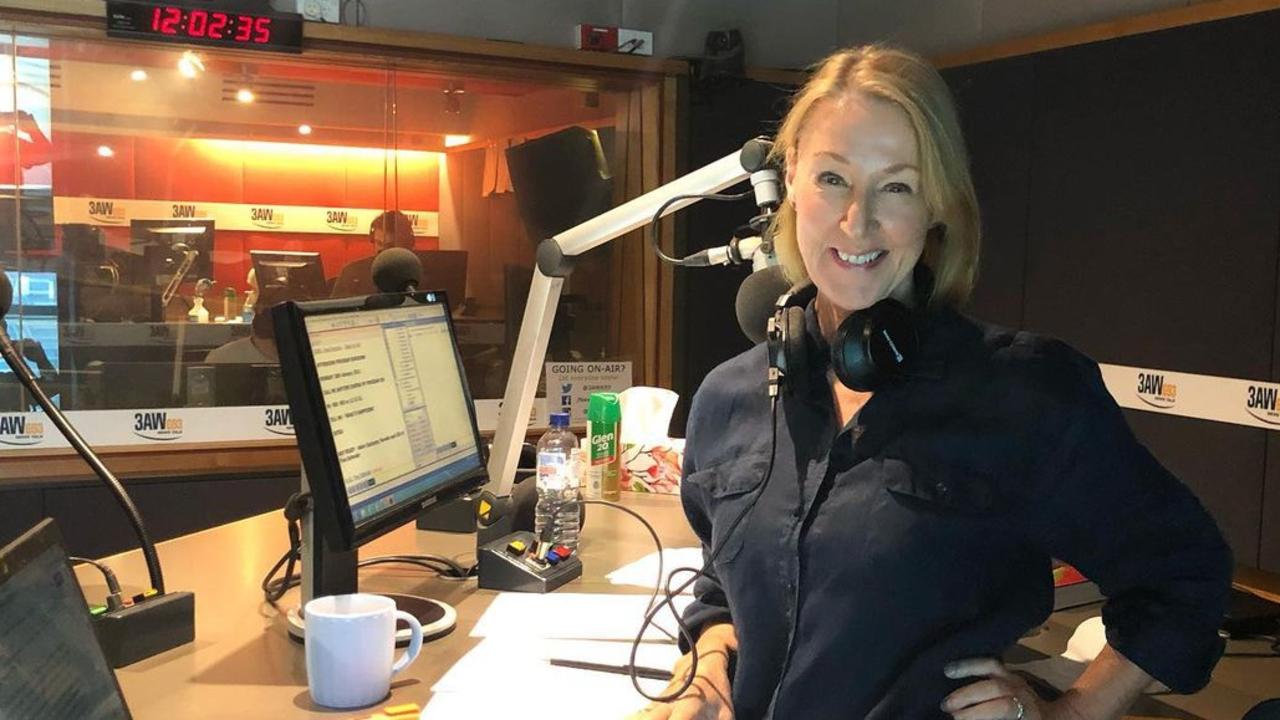Major government bailouts needed to keep childcare industry afloat, according to industry leaders
Childcare industry leaders are pleading for an urgent round of government bailouts amid crippling impending losses due to new restrictions.

Victoria
Don't miss out on the headlines from Victoria. Followed categories will be added to My News.
Urgent government bailouts are needed to keep the childcare sector viable in Victoria as attendances are set to drop to five per cent under new restrictions, industry figures say.
The childcare industry, already experiencing centre closures in the city, is calling for an injection of federal and state funds to stay viable.
Centres face crippling losses and large-scale redundancies due to new measures that restrict attendance to vulnerable children and kids of essential workers.
Last year some centres had no children attending at all and many had five to ten per cent.
Georgie Dent, executive director of The Parenthood, said parents will understand why access to childcare services had been limited. “It’s clear centres are sites of transmission and that with Delta, there are greater risks from COVID-19 for both children and educators,” she said.
But she said without federal government support “the entire system is in danger”.
There are 28 centres listed as temporarily closed in Victoria so far.
John Cherry, advocacy manager at Goodstart Early Learning, which is one of the nation’s biggest not-for-profits services, said the sector “now urgently needs the federal and state governments to agree on financial assistance across NSW Vic and ACT”.
“Services now face massive losses as children are kept home while we try to keep paying our valued educators,” he said.

Julie Price, executive director of the Community Child Care Association, said the closures were going to be “challenging for everyone”.
“I understand that some staff have been concerned about their and the children’s health and wellbeing,” she said.
She said it would be hard “for families to get their work done and look after their families’ mental health, for educators who are likely to lose hours and for directors and approved providers to manage staff and keep their service viable”.
Paul Mondo, president of the Childcare Alliance, said he was “concerned about the impact of the gap fee waivers depending on how long the limits on attendance are in place”.
Benjamin Balk, founder of centre management system KindiCare, said “government assistance was needed in the form of direct payments to childcare providers across all areas of the sector to ensure viability for providers”.
United Workers Union early education director Helen Gibbons said the federal government had to “step up” and guarantee the wages and jobs of thousands of workers.
Opposition early education spokeswoman Amanda Rishworth said the “Morrison Government must urgently provide a support package for Victorian early learning services, so they can keep their doors open for those essential workers and vulnerable children.”
A spokesman for federal education Minister Alan Tudge said sector supports such as the fee gap waiver and allowances for additional absences were already in place. Last year federal bailouts helped empty centres pay staff.




